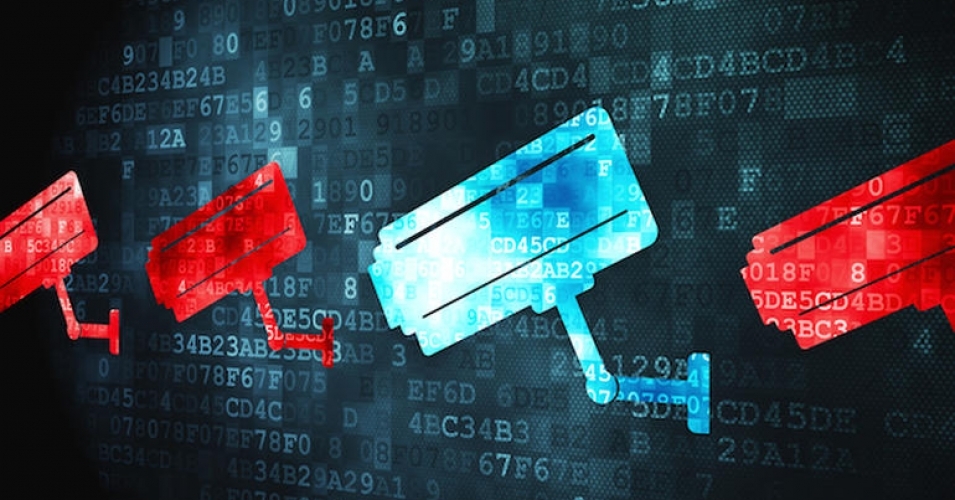In the highly-digitalized world of the 21st century, the citizens, private sector, and government alike face a growing challenge of securing cyberspace. Cyber threats and attacks pose as one of the latest and ever-growing security issues.
On the one hand, faced with swiftly developing technologies, digitalization of communication, and spread of social networks; while on the other, aiming to confront a threat to individual rights by the erosion of security and invasion of privacy being attacked by not only terrorists and criminals but also by state actors.
Cyber threats range from the attacks on the integrity of individual information systems and international state-to-state engagement in cyberwarfare to more recently prevalent data breaches and manipulation of expectations and common understandings in the society. In this context, the cyber attacks are not reserved to the authoritarian regimes, but they have lately become increasingly associated also with democracies where the rogue actors seem to thrive the most.
In response, governments are putting in place policies to enable active defense and making sure computer technologies they use and the skills of those using them are up to speed on cybersecurity.
At the same time, to become proficient in repelling cyber attacks private sector is engaging in protective steps on its own by quantifying cyber risk concerning capital and earnings at risk; anchoring cyber risk governance through risk appetite; ensure effectiveness of independent cyber risk oversight using specialized skills; mapping and testing controls; and developing and exercising incident management playbooks (Mee and Morgan, 2017).
Similarly, private individuals are finding ways to become more resilient to cybercrime, mostly by rigorously installing security software on the computers or divides they use as well being knowledgeable about cybersecurity risks and mitigations.
Malware and viruses are not putting at risk only individual’s financial standing, but also privacy. The latter, once lost, is nearly impossible to regain.
The recent issue of The Visio Journal offers papers examining the intersection between protection of citizen’s rights to privacy and guarantee of their safety in cyberspace with an aim to offer informed and comprehensive solutions for better protection of citizen’s rights.
The contributions in the third issue of the journal were presented at the IX. Liberal Colloquium, “The Future of Europe: Security and Privacy in Cyberspace,” held in Tallinn, Estonia, November 30–December 1, 2018. It was a pleasure for Visio institut to partner with the Academy of Liberalism on this conference, which brought together participants from Poland, Romania, the United Kingdom, India, Croatia, Estonia, Germany, the Czech Republic, and Slovenia.
Finally, I would like to recognize the generous contribution of the Friedrich Naumann Foundation for Freedom for supporting this project.



